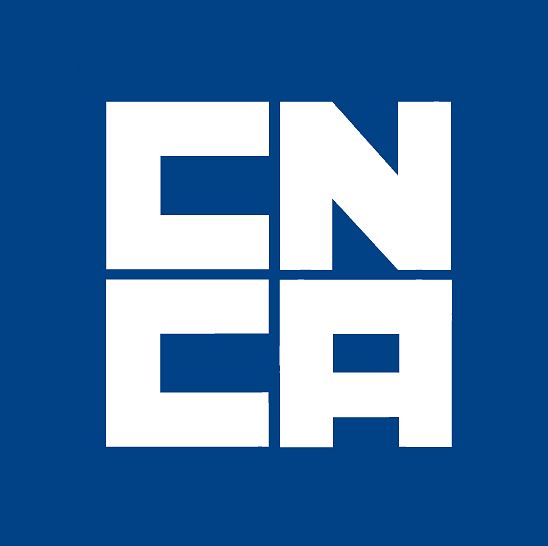Light Industry Standard (QB)
15. April 2024In China, light industry standards refer to guidelines and specifications created to regulate and improve various aspects of light industry. Light industry includes manufacturing sectors that produce consumer goods such as textiles, apparel, footwear, food and beverages, cosmetics, and household products. These standards are developed to ensure product quality, safety and consistency, as well as to promote innovation and sustainability in light industry.
Key points of light industry standards in China include:
Product Quality Standards: Specifications that define the quality requirements, characteristics, and performance criteria for lighting industry products to ensure consumer satisfaction and safety.
Safety Standards: Guidelines for ensuring the safety of consumer products that address the potential hazards and risks of lighting industry products.
Environmental Standards: Standards aimed at promoting environmentally friendly practices in the lighting industry, including sustainable sourcing, manufacturing processes, and packaging.
Labelling and Packaging Standards: Regulations on product labelling, packaging materials and disclosure of information in order to provide consumers with accurate and relevant information about the products they purchase.
Textile and Apparel Standards: Specifications for the manufacture and testing of textiles, garments and footwear to ensure compliance with quality and safety requirements.
Food & Beverage Standards: Standards for the manufacture, packaging, and labeling of food and beverages to ensure their safety, quality, and regulatory compliance.
Standards for Cosmetics: guidelines for the formulation, labelling and safety of cosmetic products that promote consumer well-being and regulatory compliance.
The China Standards Administration (SAC) and other relevant authorities are involved in the development and maintenance of standards for light industry. These standards contribute to the competitiveness of Chinese products in the domestic and international market and promote consumer confidence in the quality and safety of light industry products.
The QB/T standards are a recommendation, not an obligation.










